Ryan Ruby at the Poetry Foundation:
 The prose poem begins life as a paradox and a provocation. On Christmas Day 1861, Charles Baudelaire sent a letter to Arsène Houssaye, the editor of L’Artiste and Le Presse, journals that had published some of Baudelaire’s short prose pieces. “Who among us has not dreamt, in moments of ambition, of the miracle of a poetic prose, musical without rhythm or rhyme, supple and staccato enough to adapt to the lyrical stirrings of the soul, the undulations of dreams, and sudden leaps of consciousness?” he wrote to Houssaye. The letter was first published as the preface to a posthumous collection of 50 prose pieces titled Petits Poèmes en prose (later, Le Spleen de Paris). Along with the neo-Biblical rhythms of Walt Whitman’s ever-expanding editions of Leaves of Grass, Baudelaire’s “little poems in prose” inspired a generation of French Modernists to undertake experiments in what they called vers libre or free verse: poetry untethered from meter, the feature that had distinguished it as a literary form, in the West at least, since Aristotle’s Rhetoric.
The prose poem begins life as a paradox and a provocation. On Christmas Day 1861, Charles Baudelaire sent a letter to Arsène Houssaye, the editor of L’Artiste and Le Presse, journals that had published some of Baudelaire’s short prose pieces. “Who among us has not dreamt, in moments of ambition, of the miracle of a poetic prose, musical without rhythm or rhyme, supple and staccato enough to adapt to the lyrical stirrings of the soul, the undulations of dreams, and sudden leaps of consciousness?” he wrote to Houssaye. The letter was first published as the preface to a posthumous collection of 50 prose pieces titled Petits Poèmes en prose (later, Le Spleen de Paris). Along with the neo-Biblical rhythms of Walt Whitman’s ever-expanding editions of Leaves of Grass, Baudelaire’s “little poems in prose” inspired a generation of French Modernists to undertake experiments in what they called vers libre or free verse: poetry untethered from meter, the feature that had distinguished it as a literary form, in the West at least, since Aristotle’s Rhetoric.
More here.

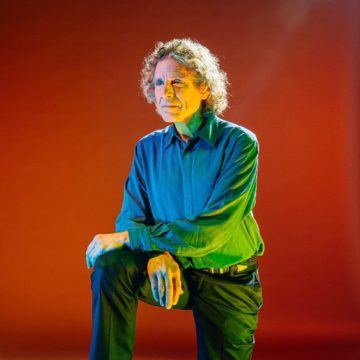 Ideally there’d be a change in our norms of conversation. Relying on an anecdote, arguing ad hominem — these should be mortifying. Of course no one can engineer social norms explicitly. But we know that norms can change, and if there are seeds that try to encourage the process, then there is some chance that it could go viral. On the other hand, a conclusion that I came to in the book is that the most powerful means of getting people to be more rational is not to concentrate on the people. Because people are pretty rational when it comes to their own lives. They get the kids clothed and fed and off to school on time, and they keep their jobs and pay their bills. But people hold beliefs not because they are provably true or false but because they’re uplifting, they’re empowering, they’re good stories. The key, though, is what kind of species are we? How rational is Homo sapiens? The answer can’t be that we’re just irrational in our bones, otherwise we could never have established the benchmarks of rationality against which we could say some people some of the time are irrational.
Ideally there’d be a change in our norms of conversation. Relying on an anecdote, arguing ad hominem — these should be mortifying. Of course no one can engineer social norms explicitly. But we know that norms can change, and if there are seeds that try to encourage the process, then there is some chance that it could go viral. On the other hand, a conclusion that I came to in the book is that the most powerful means of getting people to be more rational is not to concentrate on the people. Because people are pretty rational when it comes to their own lives. They get the kids clothed and fed and off to school on time, and they keep their jobs and pay their bills. But people hold beliefs not because they are provably true or false but because they’re uplifting, they’re empowering, they’re good stories. The key, though, is what kind of species are we? How rational is Homo sapiens? The answer can’t be that we’re just irrational in our bones, otherwise we could never have established the benchmarks of rationality against which we could say some people some of the time are irrational. Although the aim of conflict is as it ever was—to destroy or degrade the enemy’s capacity and will to fight—at every level from the individual enemy soldier to the economic and political system behind them, war has changed in character. This evolution is prompting new and urgent ethical questions, particularly in relation to remote unmanned military machines. Surveillance and hunter-killer drones such as the Predator and the Reaper have become commonplace on the modern battlefield and their continued use suggests—perhaps indeed presages—a future of war in which the fighting is done by machines independent of direct human control. This scenario prompts great anxieties.
Although the aim of conflict is as it ever was—to destroy or degrade the enemy’s capacity and will to fight—at every level from the individual enemy soldier to the economic and political system behind them, war has changed in character. This evolution is prompting new and urgent ethical questions, particularly in relation to remote unmanned military machines. Surveillance and hunter-killer drones such as the Predator and the Reaper have become commonplace on the modern battlefield and their continued use suggests—perhaps indeed presages—a future of war in which the fighting is done by machines independent of direct human control. This scenario prompts great anxieties. America’s school board meetings are out of control.
America’s school board meetings are out of control.
 In these dying days of summer, as I steel myself for the onslaught of an uncertain term ahead, I’ve been reading
In these dying days of summer, as I steel myself for the onslaught of an uncertain term ahead, I’ve been reading 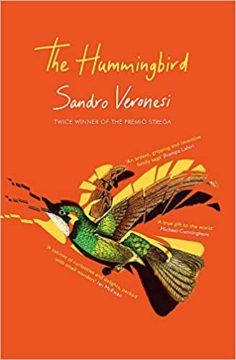 The Italian author Sandro Veronesi’s latest novel, his ninth, The Hummingbird, is a clever book that offers the reader both literary pleasure and serious thought. The novel is essentially a family saga, and like all family histories and stories it has a complexity of interpersonal relationships and human emotions all woven into the story. It sounds so typical of life and the reader might begin to think that the novel is a family saga that could be tedious, but that is far from the truth. Veronesi has skilfully used structure to fracture any complacency or perception of the characters and the story, and his novel is a superb piece of skilled writing with unexpected twists and turns.
The Italian author Sandro Veronesi’s latest novel, his ninth, The Hummingbird, is a clever book that offers the reader both literary pleasure and serious thought. The novel is essentially a family saga, and like all family histories and stories it has a complexity of interpersonal relationships and human emotions all woven into the story. It sounds so typical of life and the reader might begin to think that the novel is a family saga that could be tedious, but that is far from the truth. Veronesi has skilfully used structure to fracture any complacency or perception of the characters and the story, and his novel is a superb piece of skilled writing with unexpected twists and turns.
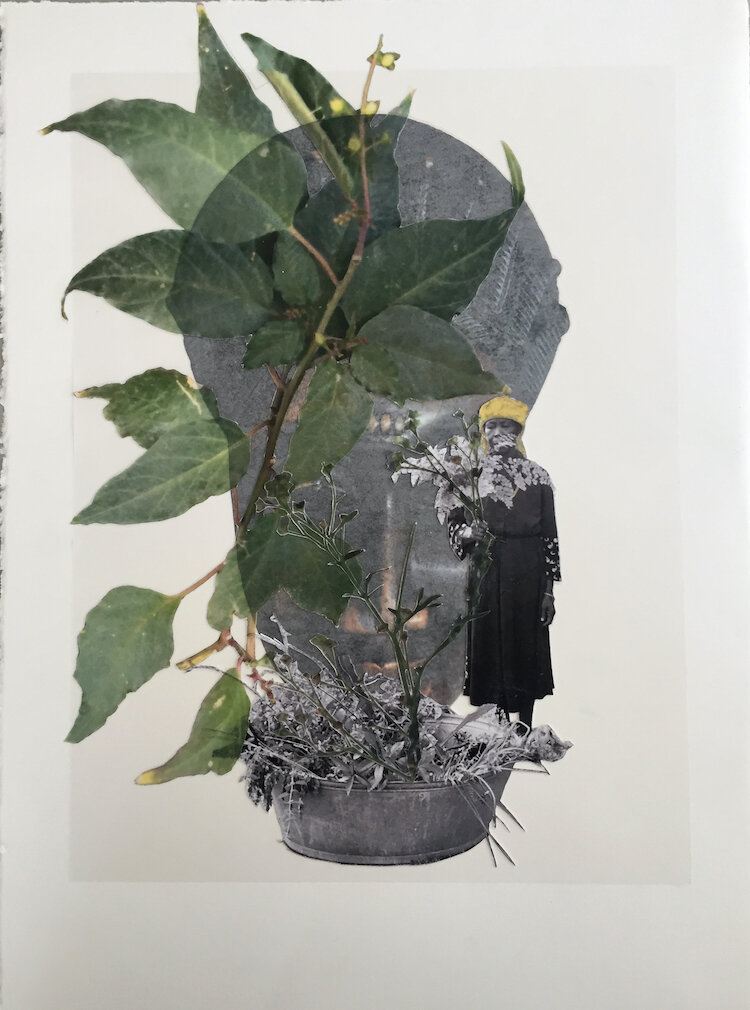 Andrea Chung. From the series Vex, 2020.
Andrea Chung. From the series Vex, 2020.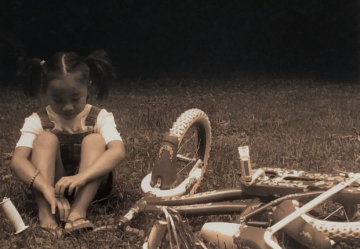
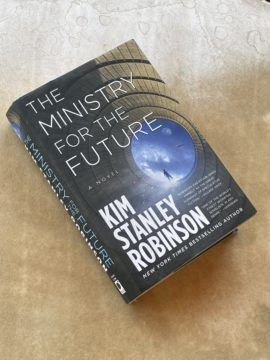 The day I began writing this essay, Portland Oregon braced for yet another round of uncharacteristic heat. Over several months of preparation, as I had been reading and pondering Kim Stanley Robinson’s big, detailed, hyper-realistic science-fiction book The Ministry for the Future, our normally cool northwest town had found itself repeatedly facing drought and high temperatures. Now we were about to be trapped under a “heat dome” of 115 degrees Fahrenheit (46° C) – Las Vegas temperatures, Abu-Dhabi temperatures – for days on end.
The day I began writing this essay, Portland Oregon braced for yet another round of uncharacteristic heat. Over several months of preparation, as I had been reading and pondering Kim Stanley Robinson’s big, detailed, hyper-realistic science-fiction book The Ministry for the Future, our normally cool northwest town had found itself repeatedly facing drought and high temperatures. Now we were about to be trapped under a “heat dome” of 115 degrees Fahrenheit (46° C) – Las Vegas temperatures, Abu-Dhabi temperatures – for days on end.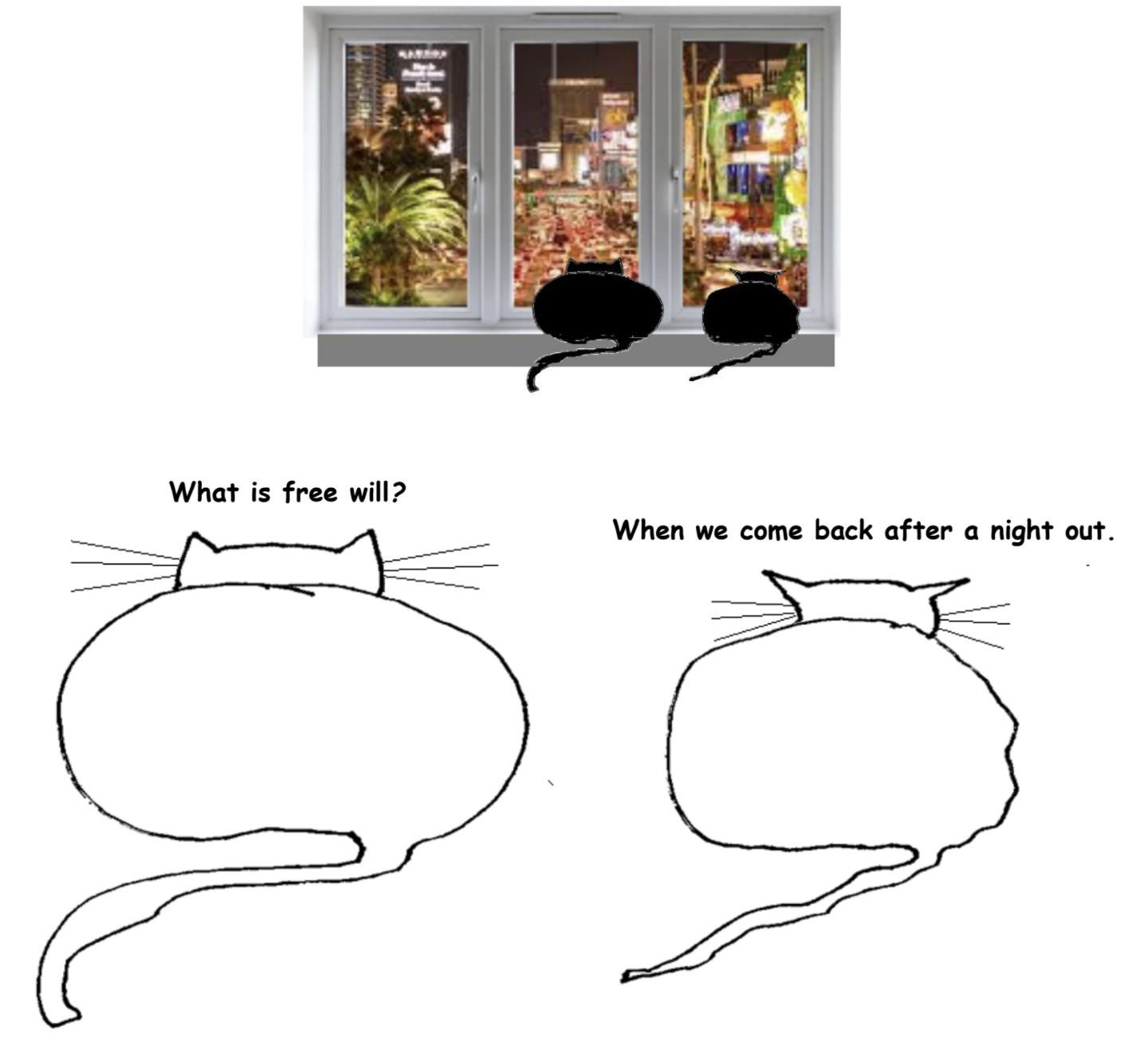
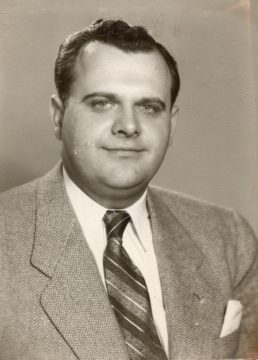
 Theories that specify which properties are essential for an object to be a work of art are perilous. The nature of art is a moving target and its social function changes over time. But if we’re trying to capture what art has become over the past 150 years within the art institutions of Europe and the United States, we must make room for the central role of creativity and originality. Objects worthy of the honorific “art” are distinct from objects unsuccessfully aspiring to be art by the degree of creativity or originality on display. (I am understanding “art” as a normative concept here.)
Theories that specify which properties are essential for an object to be a work of art are perilous. The nature of art is a moving target and its social function changes over time. But if we’re trying to capture what art has become over the past 150 years within the art institutions of Europe and the United States, we must make room for the central role of creativity and originality. Objects worthy of the honorific “art” are distinct from objects unsuccessfully aspiring to be art by the degree of creativity or originality on display. (I am understanding “art” as a normative concept here.)
 Even though I arrived at Economics with the aim of interpreting history, it soon gave me a more general perspective. First, it showed me the value of precision and empirical testing in thinking about socially important issues. This immediately appealed to me, as two of the first courses I liked in college were on Deductive and Inductive Logic. More importantly, Economics gave me a deeper understanding of the incentive mechanisms that sustain social institutions. It made me think why some of the glib solutions suggested by my leftist friends were difficult to sustain in the real world, unless based on motivations/norms and constraints of people in that world. Why are cooperatives and nationalized industries, suggested as substitutes for private enterprise, often (not always) dysfunctional? Economics asks the question: if there is a social problem, why does it not get resolved by the people on their own, and if your answer is that it is the ‘system’ that is to blame—which was the main message of many leftist stories I read and plays/movies I watched—Economics teaches us to go beyond and look into the underlying mechanism through which that ‘system’ is perpetuated or occasionally broken.
Even though I arrived at Economics with the aim of interpreting history, it soon gave me a more general perspective. First, it showed me the value of precision and empirical testing in thinking about socially important issues. This immediately appealed to me, as two of the first courses I liked in college were on Deductive and Inductive Logic. More importantly, Economics gave me a deeper understanding of the incentive mechanisms that sustain social institutions. It made me think why some of the glib solutions suggested by my leftist friends were difficult to sustain in the real world, unless based on motivations/norms and constraints of people in that world. Why are cooperatives and nationalized industries, suggested as substitutes for private enterprise, often (not always) dysfunctional? Economics asks the question: if there is a social problem, why does it not get resolved by the people on their own, and if your answer is that it is the ‘system’ that is to blame—which was the main message of many leftist stories I read and plays/movies I watched—Economics teaches us to go beyond and look into the underlying mechanism through which that ‘system’ is perpetuated or occasionally broken.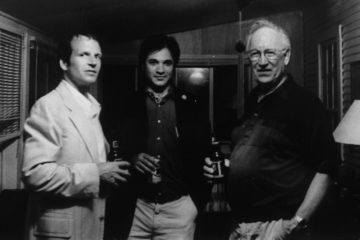 Recently I came upon this photo of my friend Eric, me, and his father, tucked into a book that I was trying to place in the correct place on my shelves as a part of a recent book-organizing effort and it made me think about one of the scarier events in my life. It was 2004. It was also only a couple of years after 9/11 and by then the Patriot Act was in full effect and I personally knew completely innocent people who had been caught up in the “bad Muslim” dragnet and had been detained, deported from America, etc. It was in this atmosphere that I was invited to attend my good friend Eric’s wedding on a lake in Michigan. I found the cheapest ticket possible which would involve a stopover in Pittsburgh on the way to Detroit from NYC and a stop in Philadelphia on the way back. I also reserved a rental car at the Detroit airport to get to the rural lake where the wedding was going to be.
Recently I came upon this photo of my friend Eric, me, and his father, tucked into a book that I was trying to place in the correct place on my shelves as a part of a recent book-organizing effort and it made me think about one of the scarier events in my life. It was 2004. It was also only a couple of years after 9/11 and by then the Patriot Act was in full effect and I personally knew completely innocent people who had been caught up in the “bad Muslim” dragnet and had been detained, deported from America, etc. It was in this atmosphere that I was invited to attend my good friend Eric’s wedding on a lake in Michigan. I found the cheapest ticket possible which would involve a stopover in Pittsburgh on the way to Detroit from NYC and a stop in Philadelphia on the way back. I also reserved a rental car at the Detroit airport to get to the rural lake where the wedding was going to be.